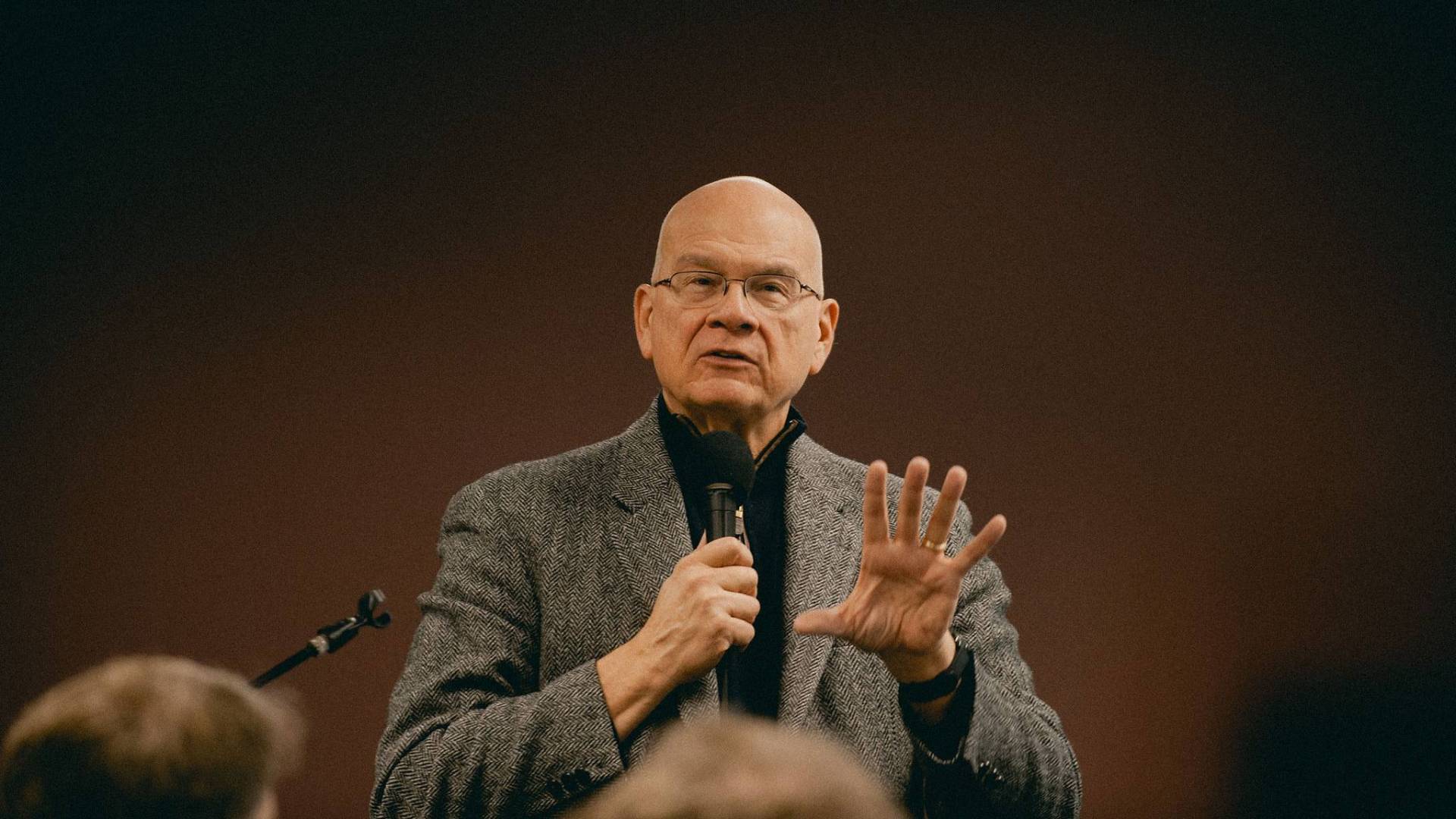Update: Tim Keller died of cancer on May 19, 2023. CT offers an obituary in nine languages and a tribute from his biographer in eight, along with a special collection of articles by and about the New York City pastor who modeled a winsome witness.
Tim Keller shared on Sunday that he will once again go through a “brutal” treatment for his pancreatic cancer and asked for prayers.
Last June, Keller participated in an inpatient immunotherapy trial at the National Institutes of Health’s National Cancer Institute, which he said had “shown great promise in potentially curing cancer.” The 72-year-old is returning to the Bethesda, Maryland, facility next month to do another variation of that immunotherapy on new tumors.
The tumors “are unfortunately in some fairly inconvenient places,” Keller said, “so the doctors encouraged us to go through the treatment again, this time targeting a different genetic marker of the cancer.”
“It was brutal last June, so we approach this with an awareness of how much prayer we need,” Keller wrote on Twitter. “Please pray for our trust and dependence on God, for his providential oversight of the medical preparations now in process, and for our desire to glorify God in whatever comes our way. Thank You.”
The longtime pastor of Redeemer Presbyterian Church in Manhattan, Keller was diagnosed with stage IV pancreatic cancer in May 2020. He went through 14 rounds of chemotherapy, followed by a surgery to remove nodules the following year.
In June 2022, he first went through the month-long immunotherapy treatment at the National Cancer Institute. At the time, his son Michael Keller posted an update saying, “Things were scary for a bit but God was gracious, working through your prayers and the skill of the doctors, and now he is doing much better.”
Last July, Keller reported that the initial signs from the immunotherapy were encouraging. Eight months later, he said it “was successful in eradicating 99% of the tumors,” but new tumors developed afterward.
According to the National Cancer Institute, researchers are studying new combinations of immunotherapy treatments and drugs for pancreatic cancer, including immune checkpoint inhibitors, which help the immune system fight the tumors.
“Pancreatic cancer can be hard to treat surgically due to the location of the organ, and because the disease has often spread in the body by the time it is diagnosed,” the institute says.
Earlier this year, Keller tweeted that since he spends a lot of his time in cancer treatments, he focuses the rest on writing, mentoring, and being with family.
During his cancer treatment, he wrote Hope in Times of Fear, a book on the Resurrection that released last Easter. The year before, he reflected on his diagnosis in a piece for The Atlantic titled “Growing My Faith in the Face of Death.”
“I can sincerely say, without any sentimentality or exaggeration, that I’ve never been happier in my life, that I’ve never had more days filled with comfort,” he wrote. “But it is equally true that I’ve never had so many days of grief.”
He also wrote Forgive, which came out last November. He spoke on The Russell Moore Show about forgiveness as the key to Christian witness.
Last month, The Gospel Coalition announced the launch of The Keller Center for Cultural Apologetics in his honor. So far Keller’s work with the center and its fellows has taken place behind the scenes; the initiative is meant to carry on his legacy after him, executive director Collin Hansen recently told CT.











